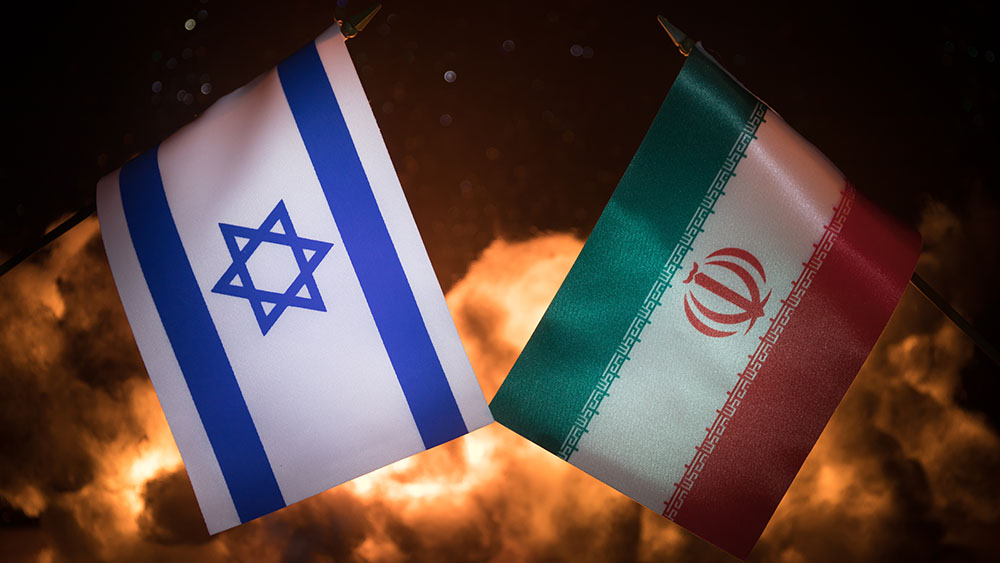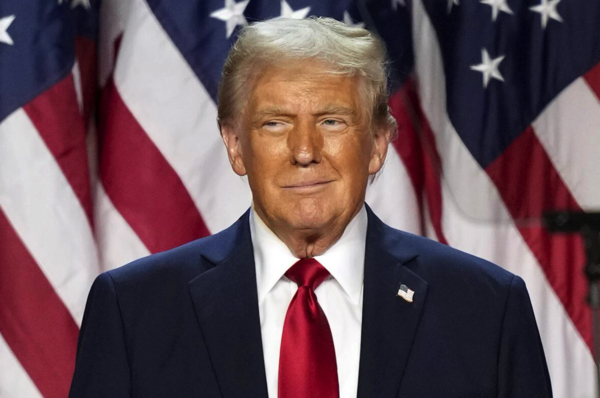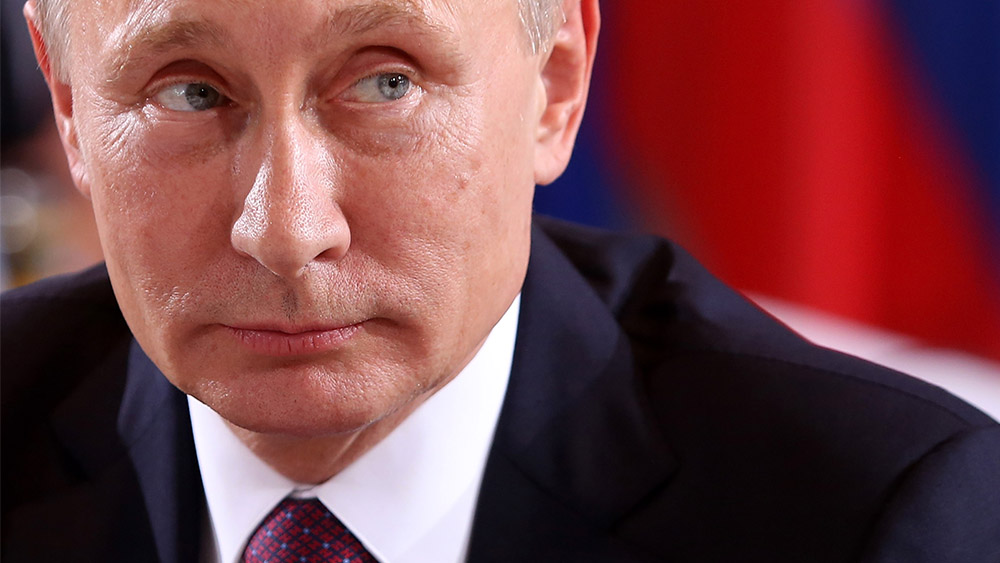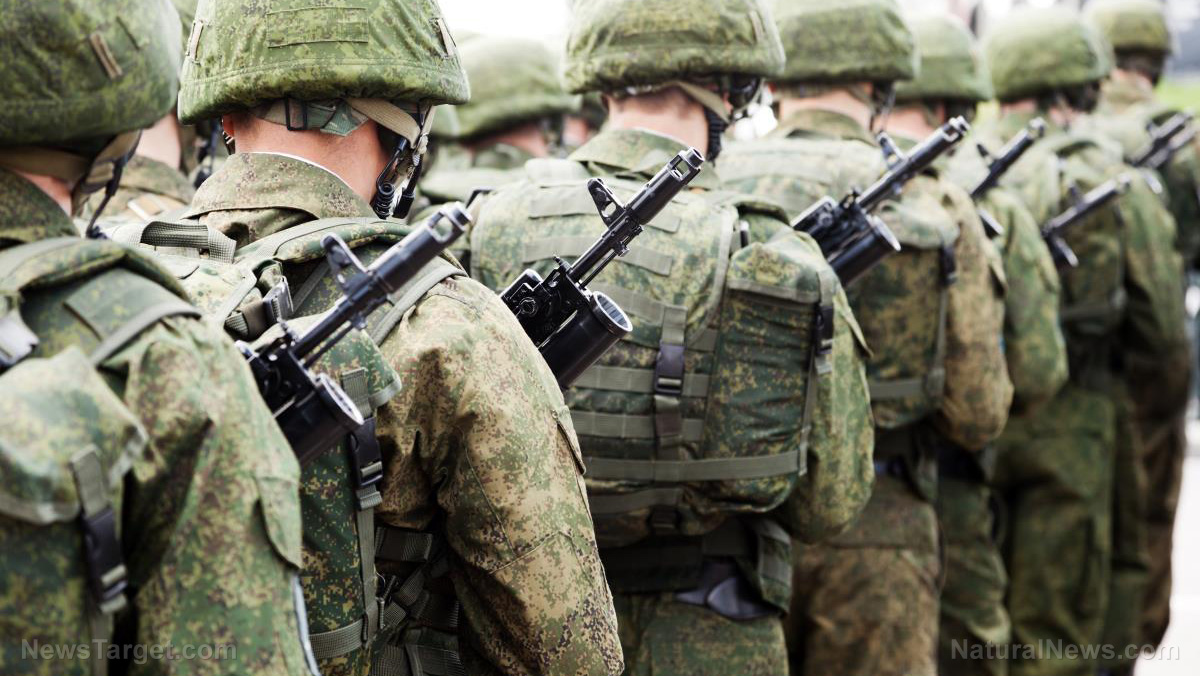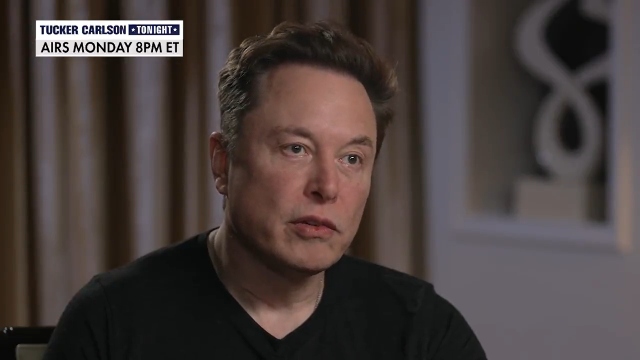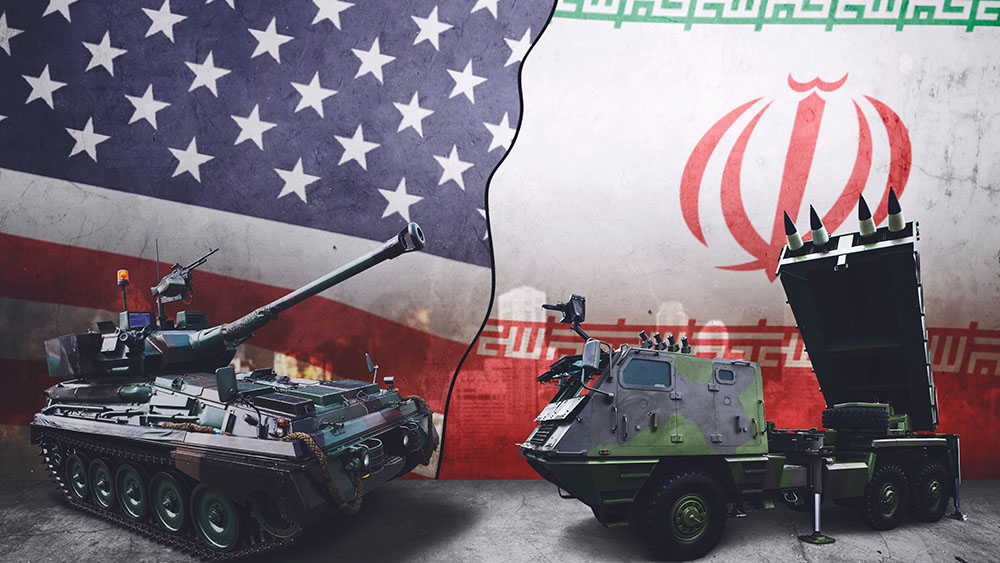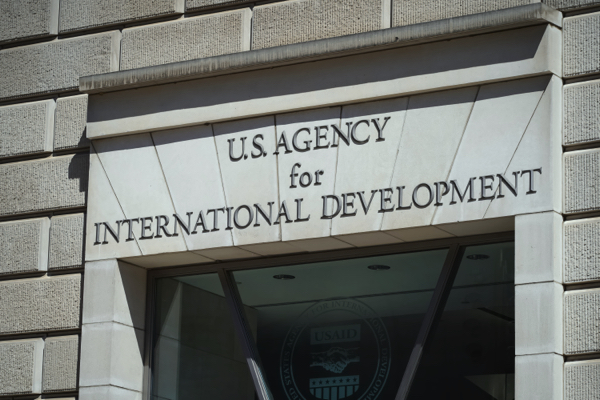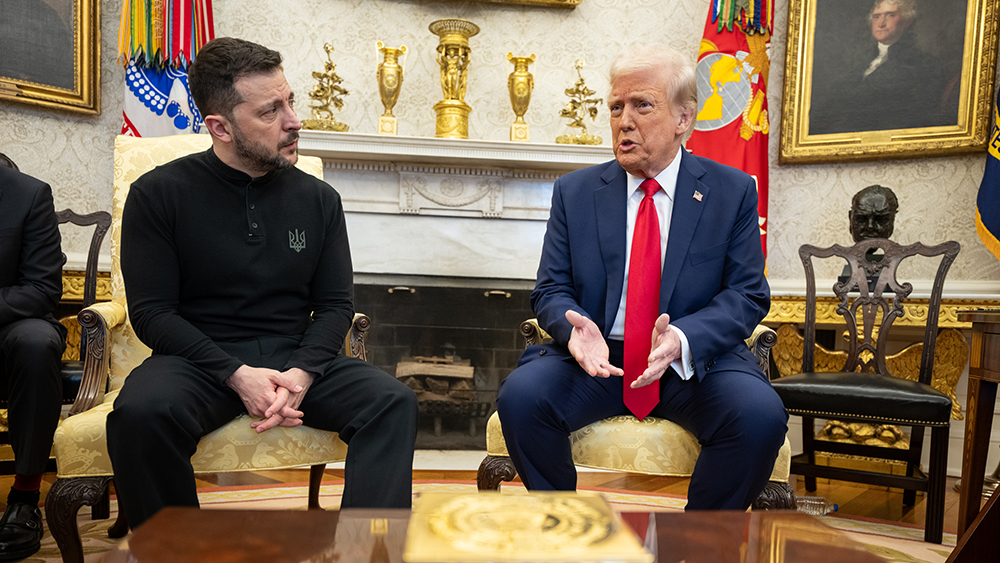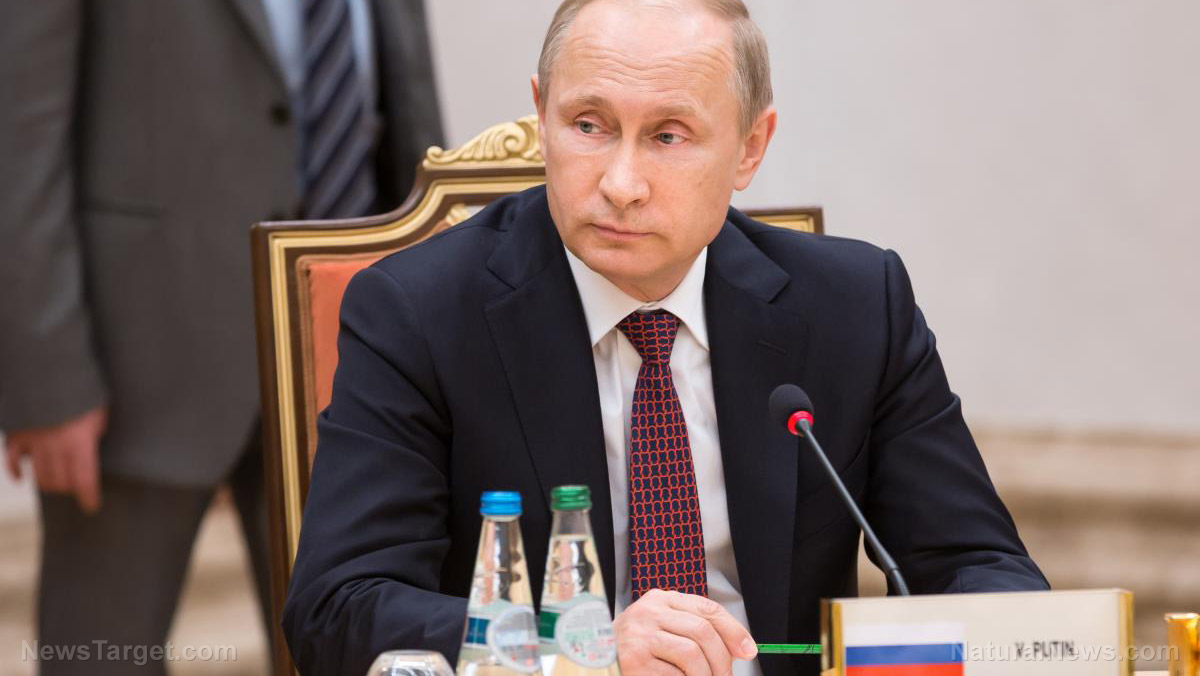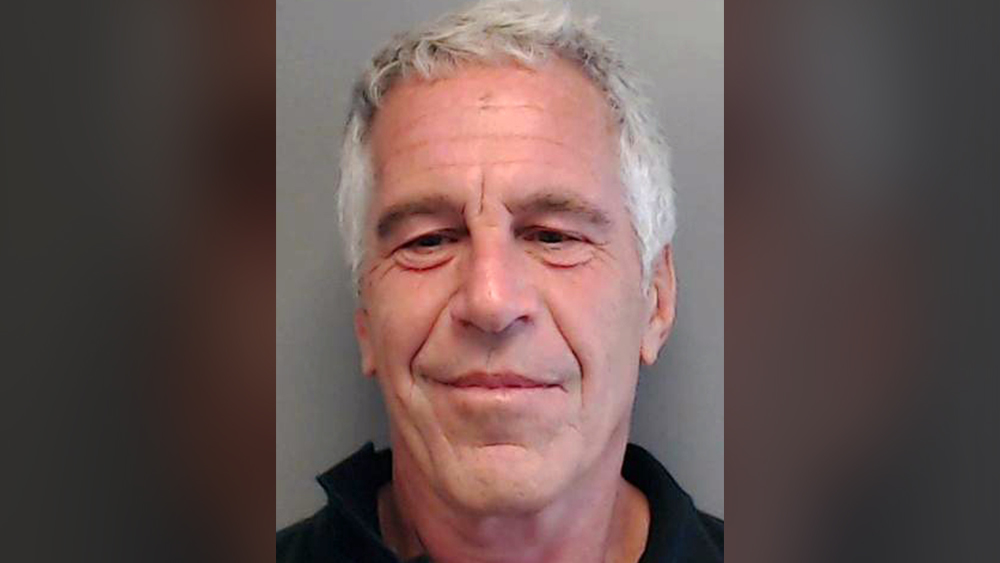Trump orders visa suspensions on 19 countries due to national security concerns
06/09/2025 / By Laura Harris
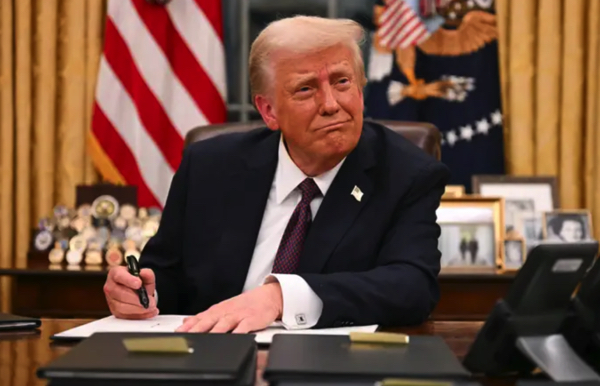
- President Donald Trump announced visa suspensions affecting 19 countries due to national security concerns and inadequate vetting capabilities, effective June 9.
- Full suspensions apply to 12 countries (e.g., Afghanistan, Iran, Somalia), while partial restrictions target specific visa categories for 7 others (e.g., Cuba, Venezuela).
- The White House cited high visa overstay rates, weak identity verification, terrorism links and governance instability, based on DHS overstay data and inter-agency input.
- Green card holders, existing visa holders (pre-June 9), asylum seekers, diplomats and UN/NATO personnel are exempt from the suspensions.
- The 90-day suspension period is intended to improve screening protocols and information-sharing, aiming to reduce security and immigration-related risks.
President Donald Trump has proclaimed new visa suspensions for foreign nationals from 19 countries, citing national security risks and insufficient vetting capabilities.
The proclamation, set to take effect on June 9, imposes a full suspension on applicants from 12 nations and partial restrictions on seven others. It asserts that the entry of individuals from these countries “would be detrimental to the interests of the U.S.” and justifies the measures as necessary to address gaps in immigration enforcement, counter-terrorism and foreign policy objectives. (Related: U.S. imposes visa restrictions on Nicaraguan officials over human rights abuses.)
According to the proclamation, the strictest restrictions apply to nationals from Afghanistan (29.3 percent student/exchange visa overstay rate), Burma (Myanmar), Chad (49.54 percent B1/B2 visa overstay rate), the Republic of the Congo, Equatorial Guinea (70.18 percent total overstay rate), Eritrea, Haiti, Iran, Libya, Somalia, Sudan and Yemen. Meanwhile, limited suspensions will apply to certain visa categories for nationals from Burundi, Cuba, Laos, Sierra Leone, Togo, Turkmenistan and Venezuela.
The White House also released a fact sheet detailing the rationale for the inclusion of each country, citing factors such as lack of cooperative government authorities for identity verification, links to terrorism or unstable governance and high visa overstay rates, per the Department of Homeland Security (DHS) Fiscal Year 2023 Entry/Exit Overstay Report.
However, exemptions also include existing visa holders (issued before June 9); lawful permanent residents (green card holders); asylum seekers, refugees and individuals protected under the Convention Against Torture (CAT); and diplomatic, NATO, UN-related (C-2) and international organization visas (G-1 to G-4).
The 90-day suspension allows agencies to review screening protocols, though its legal and diplomatic repercussions remain to be seen.
Trump aims to protect the U.S. from foreign terrorists
Trump also explained that the restrictions aim to “prevent the entry of foreign nationals about whom the U.S. lacks sufficient information to assess risks.”
“As President, I must act to protect the national security and national interest of the U.S. and its people. I remain committed to engaging with those countries willing to cooperate to improve information-sharing and identity-management procedures, and to address both terrorism-related and public-safety risks. Nationals of some countries also pose significant risks of overstaying their visas in the U.S., which increases burdens on immigration and law enforcement components of the U.S., and often exacerbates other risks related to national security and public safety.”
“Some of the countries with inadequacies face significant challenges to reform efforts. Others have made important improvements to their protocols and procedures, and I commend them for these efforts. But until countries with identified inadequacies address them, members of my Cabinet have recommended certain conditional restrictions and limitations. I have considered and largely accepted those recommendations and impose the limitations set forth below on the entry into the United States by the classes of foreign nationals identified in sections 2 and 3 of this proclamation,” Trump explained in his proclamation.
Trump consulted with top officials before finalizing the order. Among those he consulted include Defense Secretary Pete Hegseth, Health Secretary Robert F. Kennedy Jr. and Secretary of State Marco Rubio, as well as intelligence leaders.
Bookmark InvasionUSA.news for updates on Trump’s tough immigration policies.
Watch the video below where Deputy Chief for Policy and Homeland Security Advisor Stephen Miller reveals Trump got celebrity Rosie O’Donnell to “self-deport.”
This video is from the TrendingNews channel on Brighteon.com.
More related stories:
Trump administration ends legal status for 500,000 migrants, orders self-deportation or arrest.
DOJ’s visa fraud crackdown upends immigration industry, divides firms and U.S. workers.
Sources include:
Submit a correction >>
Tagged Under:
Afghanistan, big government, Burma, Chad, Equatorial Guinea, Eritrea, Haiti, Iran, Libya, national security, restriction, Somalia, Sudan, the Republic of the Congo, Trump administration, visa restriction, visas, White House, Yemen
This article may contain statements that reflect the opinion of the author
RECENT NEWS & ARTICLES
COPYRIGHT © 2017 WHITE HOUSE NEWS

